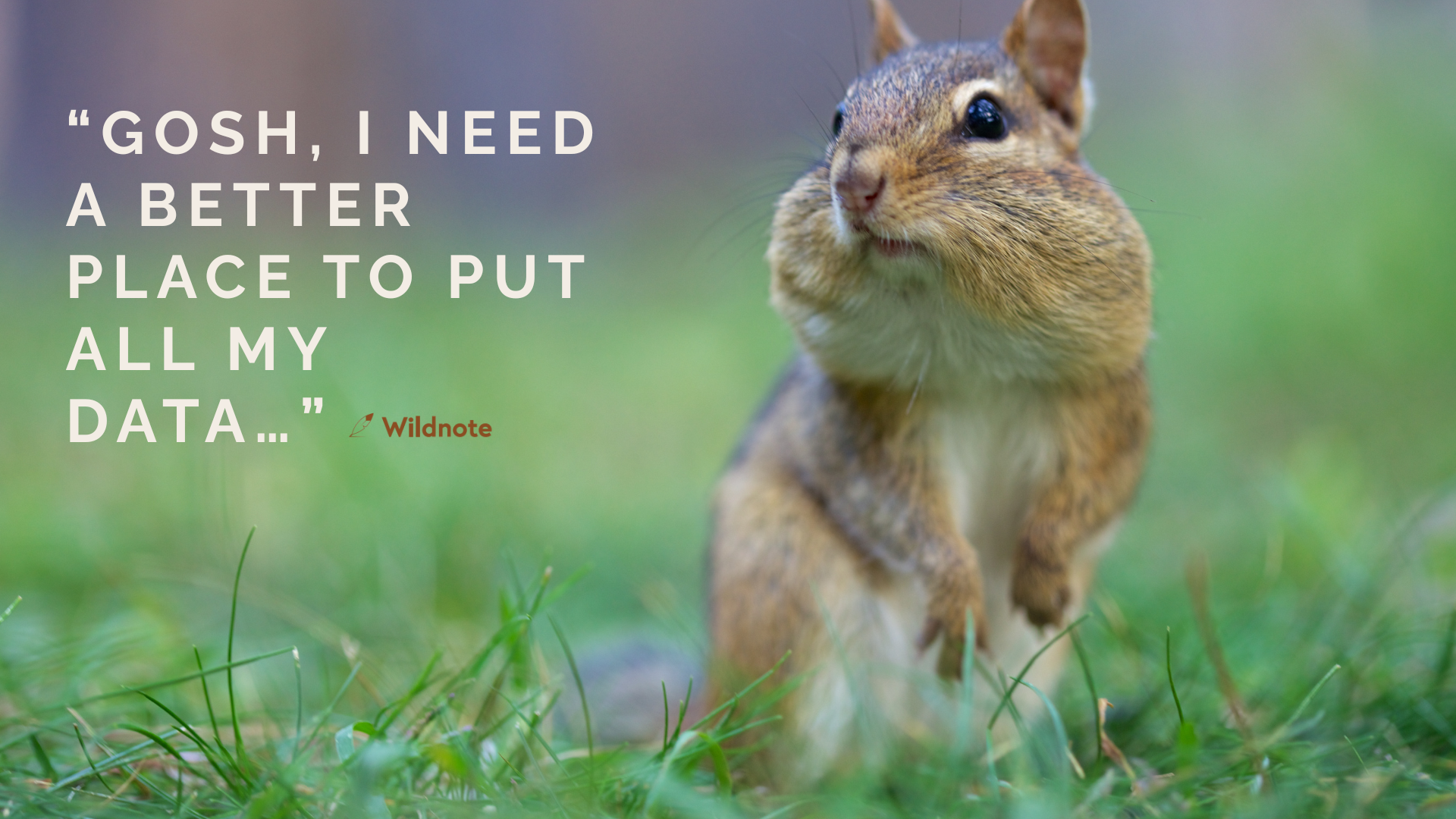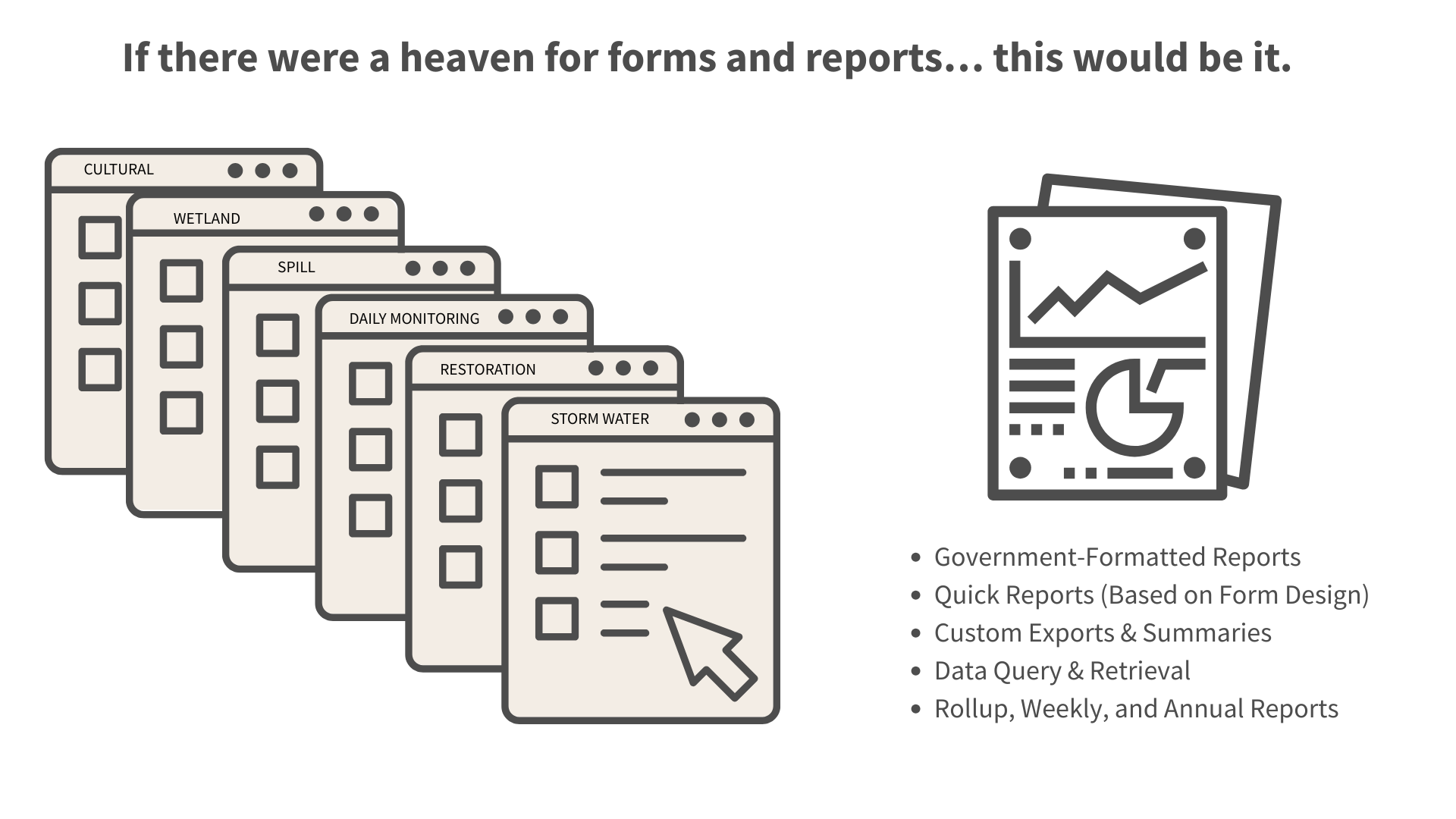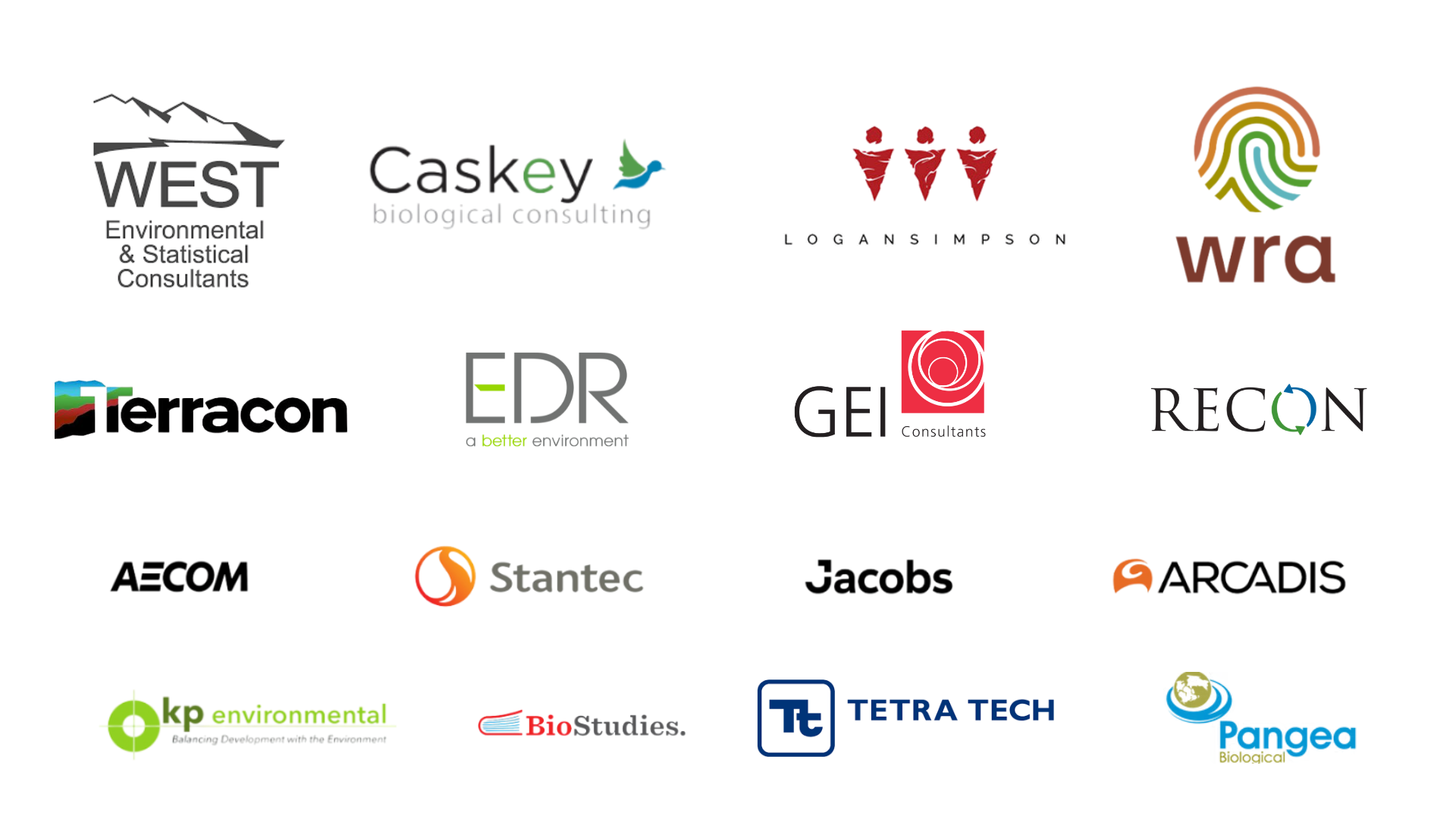
Stuck in the Weeds of Environmental Compliance?
Wildnote Helps Get You Through It.
Streamline fieldwork, QA/QC, and reporting—so your team can work faster and deliver with confidence.
We tailor trial length and user packages to fit your budget and pace.
THE Environmental Consulting Platform
Intuitive Form Builder
Deep Library of Pre-built Forms
Agency-ready Reports for Wetland & Cultural
Advanced Photo Management
Complex Workflow Support
Online, Offline, Web, Mobile, iOS, Android
Wildnote is a complete, flexible platform—not just a tool.
Start fast with pre-built forms and reports for major environmental disciplines.
Customized as needed: workflows, reporting, and branding—built to scale with your needs.
Adaptable for both simple projects and complex compliance work.
Web Interface and Mobile App in Tandem
Ready to go for your projects. Customizable for your business.
60 MINUTES From Start to Field
GET 40% TO 80% MORE EFFICIENT in just days…
Choosing a Compliance Tool?
Explore how Wildnote stacks up side-by-side.
A Huge Deal for Environmental Pros
Access the Epic Tools That Make Fieldwork and Reporting a Breeze
-
Access a full library of professional-grade environmental form templates
Includes forms for wetland assessments, wildlife monitoring, cultural and more
Built for speed, consistency, and accuracy in the field
Ready to use or customizable to match your specific workflows
-
Streamline reporting with powerful, ready-to-use export templates
Supports standard compliance reports and custom reports
Quickly transform raw field data into polished, professional outputs
Save time and reduce errors with just a few clicks
We Don’t Mean to Show Off (But We’re Gonna)
Reports Generated
160,038
Surveys Submitted
459,249
Projects Executed
8,708
Photos Managed
1,190,866
“Wildnote has the best, easiest, and most reliable support I’ve ever experienced. With complex data and high stakes, their team gives us total peace of mind. I just wish ESRI support was this good. Big thanks to Rachel and Nancy!”
You’re In “Wild” Company
Built by environmental consultants
Purpose-built to solve real fieldwork and compliance challenges.
Powerful enough for complex workflows
Supports sophisticated data collection, reporting, and automation.
Backed by a knowledgeable success team
Get help from people who understand your work and industry.
Designed for teams of all sizes
From small firms to enterprise-level organizations.
Easy to use for routine projects
Streamlines everyday tasks with an intuitive interface.
Proven at scale
Trusted since 2016 to manage thousands of projects.












